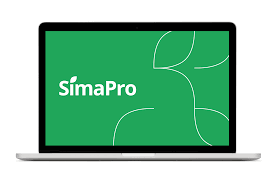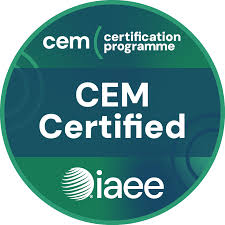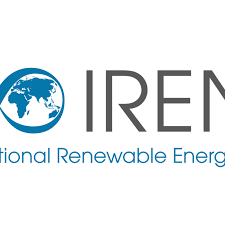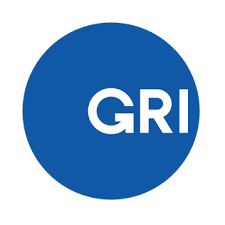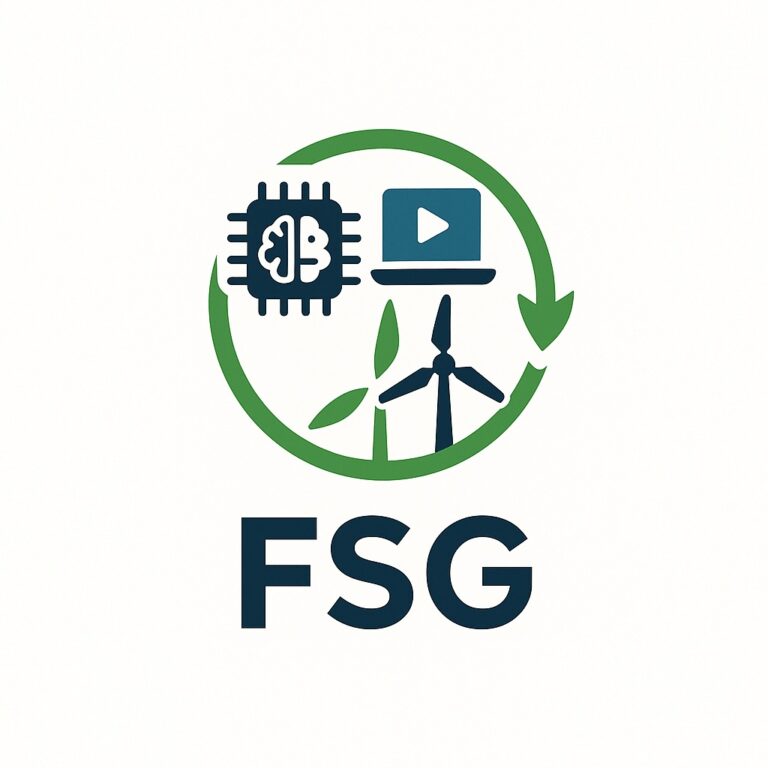Green Skills for a Sustainable Future: Power Your Career in 2025
As the world transitions to a low-carbon economy, green skills are in urgent demand. The International Labour Organization estimates 24 million new green jobs by 2030, while LinkedIn’s 2023 report shows green-skilled workers are hired at a 29% higher rate.
Green skills—competencies in renewable energy, sustainability reporting, and environmental management—are critical for addressing climate change while advancing your career. Roles like Sustainability Analyst now command salaries averaging $80,000+ according to Glassdoor, combining financial rewards with meaningful impact.
Why Green Skills Are Essential for the Future
The climate crisis, marked by global warming and rising emissions, is driving unprecedented demand for sustainable practices. The United Nations Environment Programme emphasizes that addressing these challenges requires a skilled green workforce across all sectors.
Despite the growing need, LinkedIn data reveals only 1 in 8 workers possesses green skills, while job postings requiring these competencies increase by 15.2% annually. This widening skills gap is critical: while the green transition could create 100 million jobs by 2050, shortages of qualified workers—particularly in renewable energy—threaten to delay progress. It’s worth noting that while organizations like the ILO project massive job growth, these forecasts depend on consistent policy support, which varies significantly across regions.
Equally concerning are equity gaps: women and younger workers (18–24) remain underrepresented in green roles according to LinkedIn’s 2023 analysis, highlighting the need for inclusive training approaches that reach diverse populations.
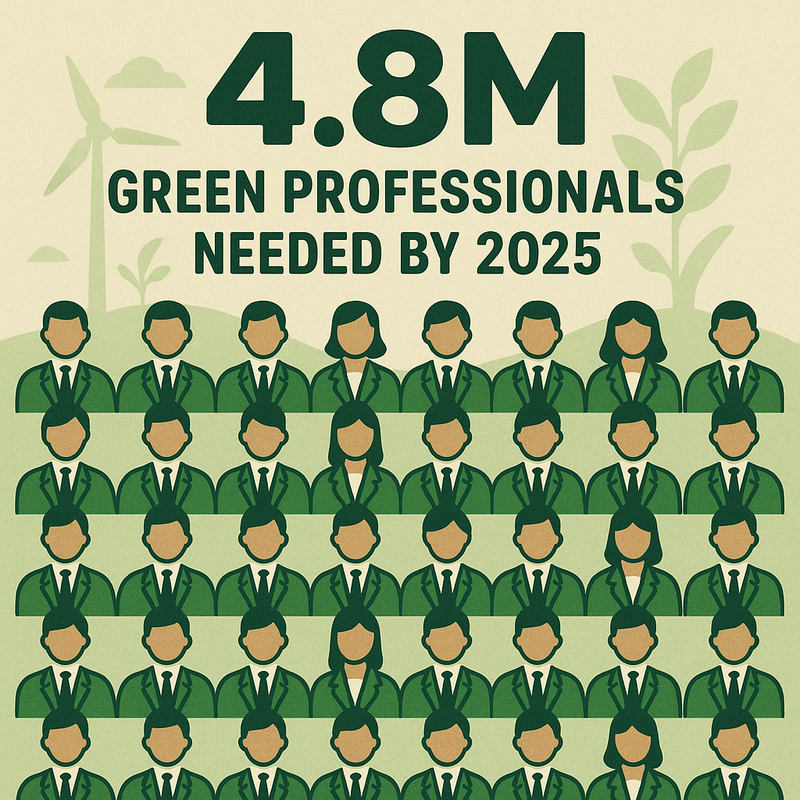
The growing demand for green skills across industries
Top Green Skills to Build Your Sustainable Career
Carbon Footprinting
The ability to measure and analyze emissions for products or organizations is critical for ESG reporting and sustainability planning. According to Emeritus, carbon footprinting ranks among the most sought-after skills in green jobs today.
Career Application: Sustainability Analysts use carbon footprinting to identify emission hotspots and develop reduction strategies for organizations.
Environmental Law
Understanding regulations governing sustainability practices ensures organizational compliance and shapes effective environmental policies. This knowledge is becoming essential across industries as regulations tighten.
Career Application: Environmental Compliance Inspectors rely on this expertise to enforce standards and guide organizations through regulatory frameworks.
Renewable Energy Technology
Expertise in solar, wind, hydro, or emerging hydrogen systems is driving the transition to clean energy. With India targeting 50% renewable energy by 2030, demand for these skills is surging globally.
Career Application: Energy Engineers apply this knowledge to design, implement, and optimize renewable energy systems for diverse environments.
Sustainable Resource Management
The capacity to optimize water, materials, and waste usage is fundamental to reducing environmental impact. The UNDP identifies this skill as central to developing green economies.
Career Application: Professionals in sustainable agriculture utilize these principles to develop regenerative farming practices that preserve ecosystem health.
Complementary Soft Skills
Technical expertise must be paired with collaborative capabilities. UNIDO highlights adaptability, empathy, and systems thinking as essential “skills of the future” that enable professionals to work across disciplines on complex green projects. Effective communication is particularly valuable when translating technical sustainability concepts to diverse stakeholders.
Your Green Skills Learning Pathway
Developing green skills requires a tailored approach based on your experience level. The UNDP emphasizes that personalized training pathways significantly increase success rates. Consider starting with our skills assessment to identify your specific gaps and strengths.
Beginners
Start your green career with foundational credentials like the LEED Green Associate and familiarize yourself with GHG Protocol Tools to learn carbon footprinting basics.
Ideal For: Entry-level roles such as Sustainability Coordinator or Green Building Assistant.
First Steps: Online introductory courses in sustainability fundamentals and environmental science.
Professionals
Transition from related fields like engineering or business by pursuing the Certified Energy Manager credential and learning RETScreen for renewable energy analysis.
First Steps: Specialized courses in your area of interest (e.g., renewable energy technology or ESG reporting).
Experts
Advance your sustainability career by obtaining the IEMA Certificate and mastering advanced tools like SimaPro for comprehensive ESG implementation.
Ideal For: Senior positions such as Sustainability Director or ESG Strategist.
First Steps: Advanced certifications and leadership training in organizational change management.
Tools and Certifications for Green Skills Mastery
Essential Tools
-
GHG Protocol Tools
Industry-standard calculators for greenhouse gas emissions inventories, used by Sustainability Consultants to quantify corporate carbon footprints.
-
ArcGIS
Geospatial mapping software critical for Urban Planners developing sustainable city designs and environmental impact assessments.
-
EnergyPlus
Building energy simulation tool employed by Green Building Designers to optimize efficiency in new construction and retrofits.
-
RETScreen
Clean energy project analysis software popular among Energy Engineers for feasibility studies of renewable installations.
-
SimaPro
Life cycle assessment software key for ESG reporting and product development teams measuring environmental footprints.
Valuable Certifications
-
LEED Green Associate
Entry-level green building credential ideal for beginners looking to understand sustainable construction principles.
-
Certified Energy Manager (CEM)
Validates expertise in optimizing energy usage across facilities and implementing efficiency measures.
-
IEMA Certificate in Environmental Management
Comprehensive credential covering key sustainability skills according to IEMA’s recognized Skills Map.
-
GRI Sustainability Reporting
Focuses on ESG disclosure standards essential for sustainability reporting professionals.
-
IRENA Renewable Energy Certificate
Specialized credential for professionals seeking roles in the rapidly expanding renewable energy sector.
While certifications significantly boost employability in green sectors, it’s important to recognize that their cost and accessibility can create barriers for underrepresented groups. According to UNDP findings, addressing these barriers through scholarships and online options is essential for developing an inclusive green workforce.
Start Your Green Skills Journey Today
The opportunity to lead in a sustainable future is here, with green skills powering careers from renewable energy to sustainable finance. With green job postings growing 8% annually according to LinkedIn, and a 6% talent supply gap, now is the time to upskill to remain competitive.
While the promise of green jobs is significant, we must acknowledge that systemic barriers—such as inadequate training infrastructure in developing nations highlighted in India’s green workforce challenges—require addressing to ensure equitable access to these opportunities.





